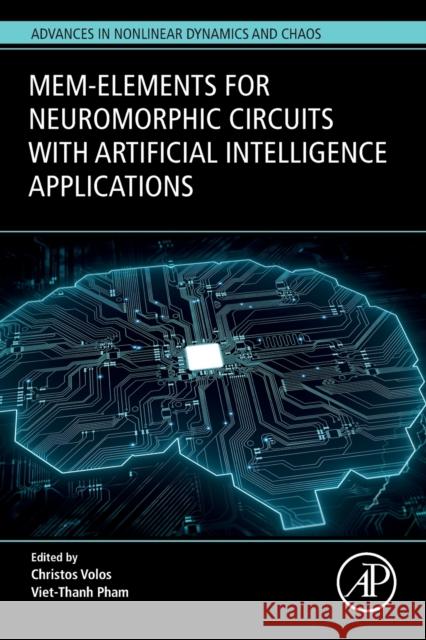Mem-Elements for Neuromorphic Circuits with Artificial Intelligence Applications » książka
topmenu
Mem-Elements for Neuromorphic Circuits with Artificial Intelligence Applications
ISBN-13: 9780128211847 / Angielski / Miękka / 2021 / 570 str.
Kategorie:
Kategorie BISAC:
Wydawca:
Academic Press
Seria wydawnicza:
Język:
Angielski
ISBN-13:
9780128211847
Rok wydania:
2021
Numer serii:
000827183
Ilość stron:
570
Waga:
0.75 kg
Wymiary:
22.86 x 15.24 x 2.95
Oprawa:
Miękka
Wolumenów:
01











